Iran becomes full member of UN Scientific Committee on Effects of Atomic Radiation
Iran has been officially admitted as a full member of the United Nations Scientific Committee on the Effects of Atomic Radiation (UNSCEAR), which is tasked with providing information on occupational, medical, natural radiation, and the associated health risks.
According to the Permanent Mission of the Islamic Republic of Iran to the United Nations, the decision to admit Iran as a full member was declared following several rounds of intensive negotiations on a draft resolution submitted by Australia. The resolution was approved by a unanimous vote on Tuesday.
Before full membership, Iran had observer status in the scientific committee.
Iran launched its bid to join the UNSCEAR in 2011, and, despite some serious opposition, could gain an observer membership six years later.
The Islamic Republic then planned to get full membership and conducted intensive diplomatic consultations in order to obtain the approval of the UN General Assembly (UNGA). It managed to do so, irrespective of stiff opposition from Israel and the US stonewalling on the issue.
Iran’s Permanent Ambassador to the United Nations Majid Takht-Ravanchi later praised the country's full membership in the UNSCEAR, and pointed to the increasing effectiveness of the UN scientific body.
“The Islamic Republic of Iran attaches great importance to the work of the United Nations Scientific Committee on the Effects of Atomic Radiation,” Takht-Ravanchi stated, noting that his country has valuable contributions to further expansion of knowledge and understanding of levels, effects and risks of exposure to ionizing radiation.
“Nowadays and with the rapid increase in use of nuclear technology for peaceful purposes in many areas, including power production, health, agriculture, bio-technology, pharmacology and industry, the Committee’s role is becoming increasingly imperative,” the senior Iranian diplomat pointed out.
Takht-Ravanchi reiterated Iran’s full support for and cooperation with the UNSCEAR in order to enhance its scientific growth and training of the personnel and protect public and environmental health against harmful effects of atomic radiation.
UNSCEAR was set up by a resolution of the United Nations General Assembly in 1955. It was established solely to “define precisely the present exposure of the population of the world to ionizing radiation.”
A secretariat, located in Vienna and functionally linked to the UN Environment Program, organizes the annual sessions and manages the preparation of documents for the Committee's scrutiny.
UNSCEAR initially had 15 member states. Twelve others joined later on. The number will now increase to 31 following the accession of Iran and three other countries.
VIDEO | Palestinian Authority's blockade of Jenin refugee camp reaches third week
Dec. 25: ‘Axis of Resistance’ operations against Israeli occupation
Lavrov warns West against challenging Russia's resolve to defend interests
VIDEO | Press TV's news headlines
Yemen parl. condemns ‘shameful’ silence of Arab states on Israeli crimes in Gaza, Syria
VIDEO | Iran’s Christians mark Christmas with hopes for Gaza resolution
VIDEO | Syrians take to streets nationwide against shrine desecration; HTS militants fire on protesters
IRGC: Yemeni attacks change Israel’s calculations amid regime’s joy over Syria


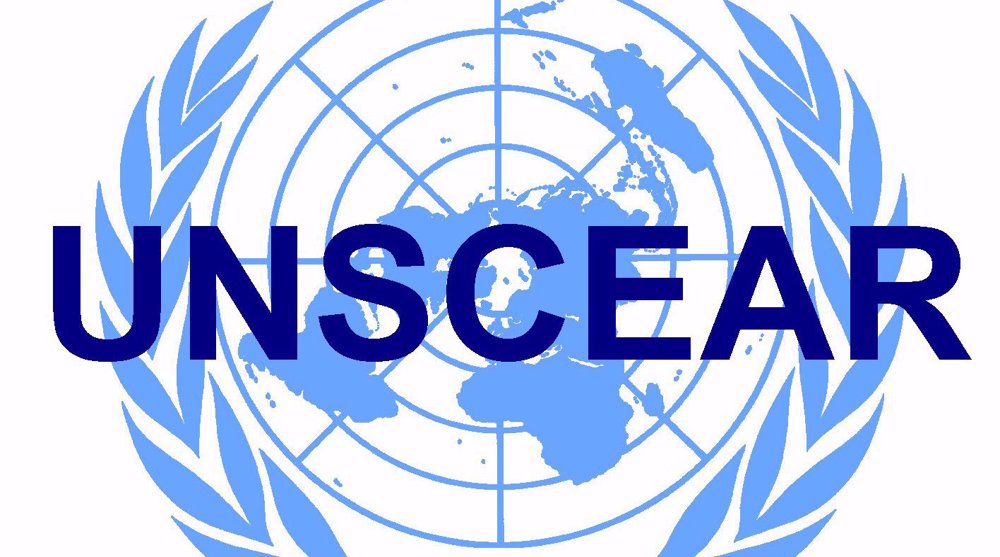
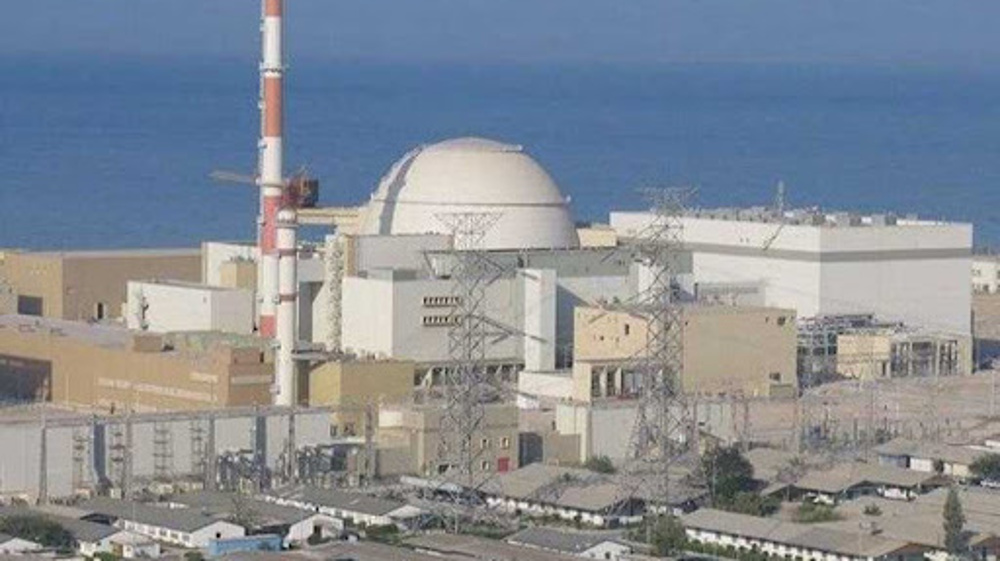
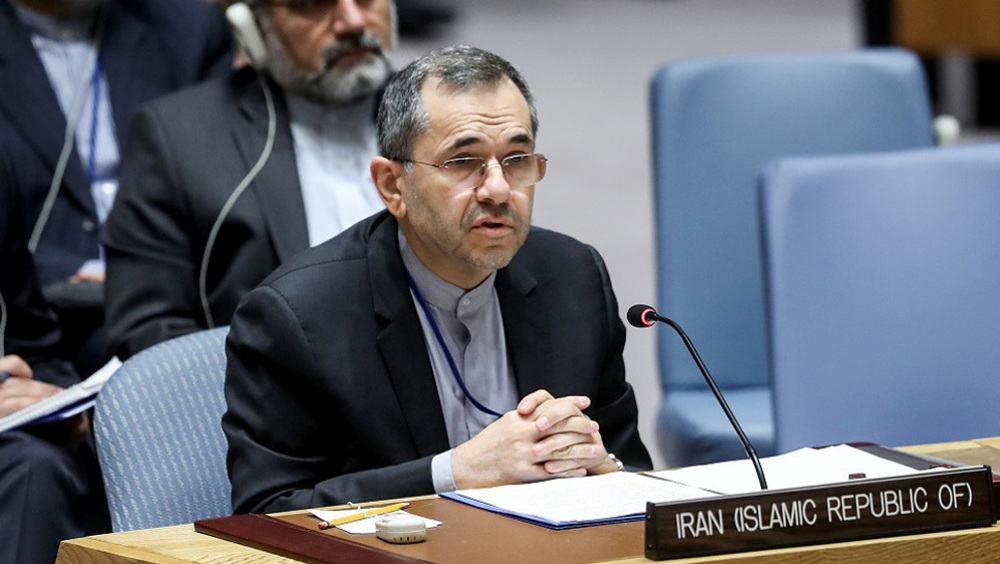
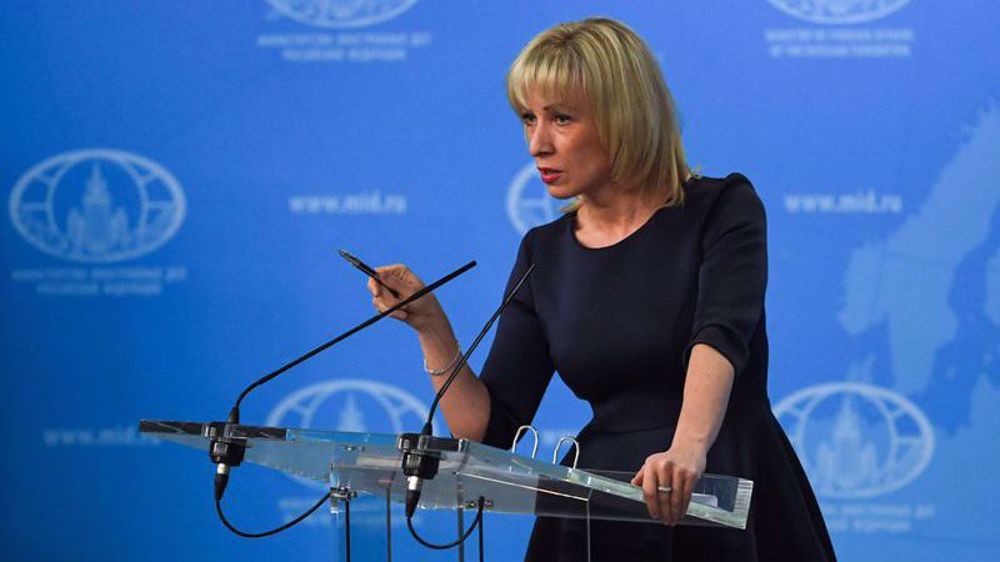
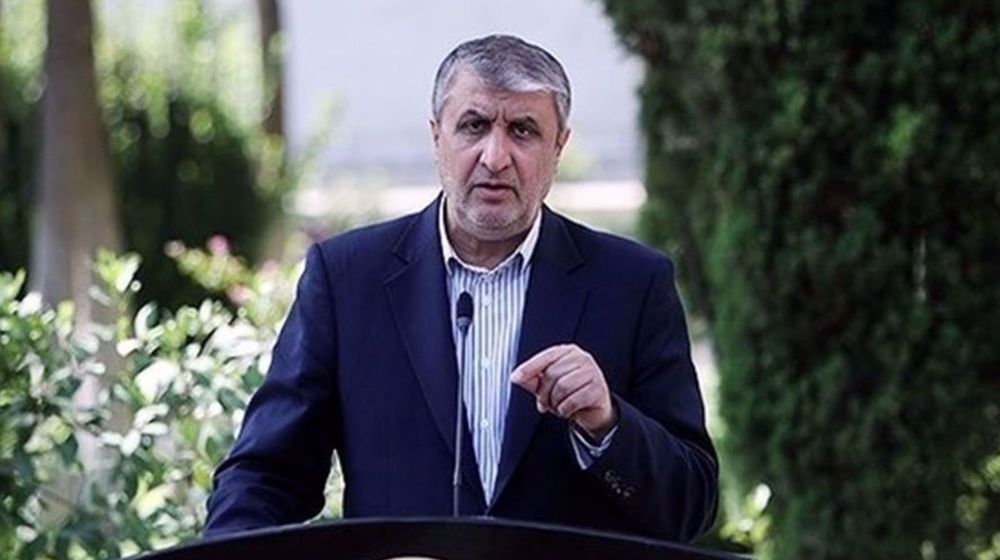
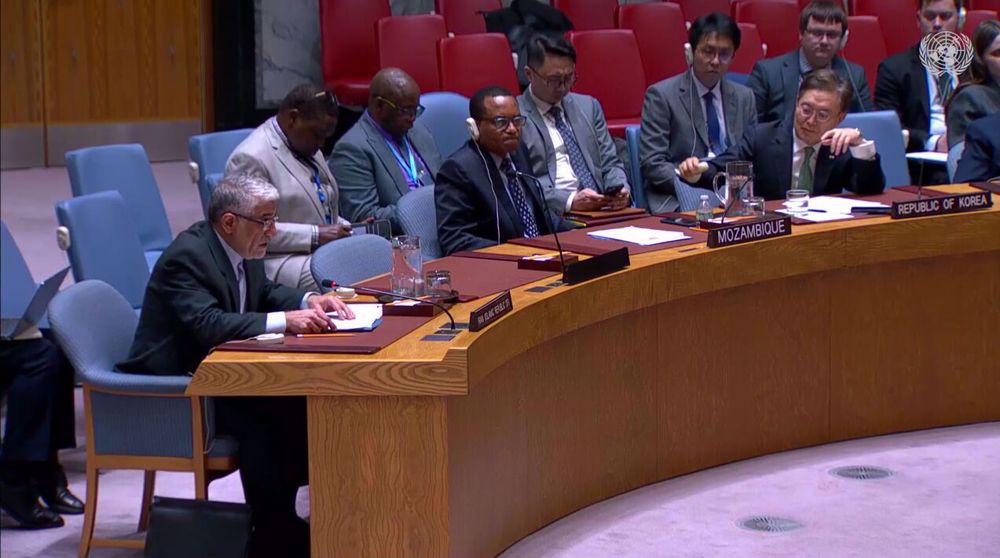



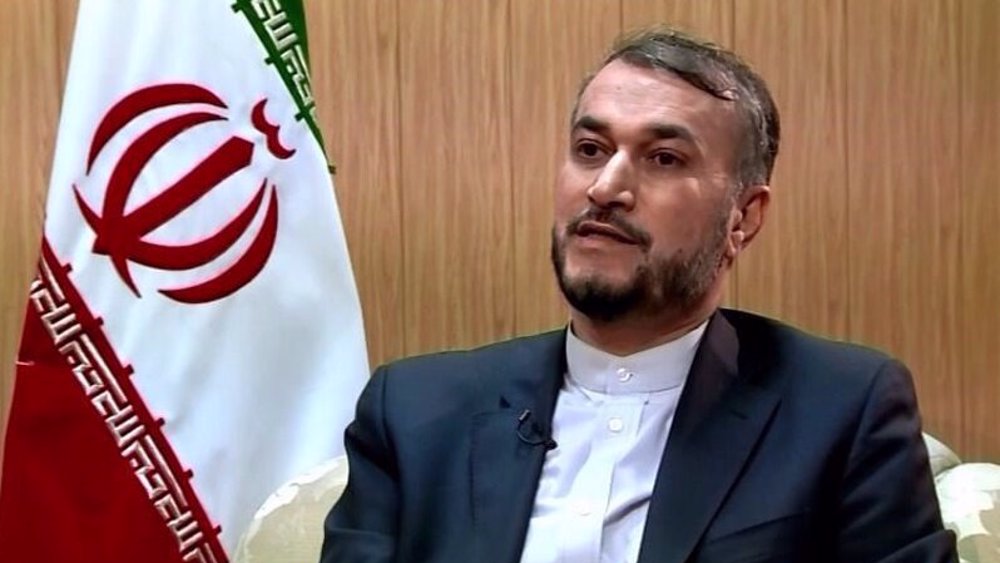
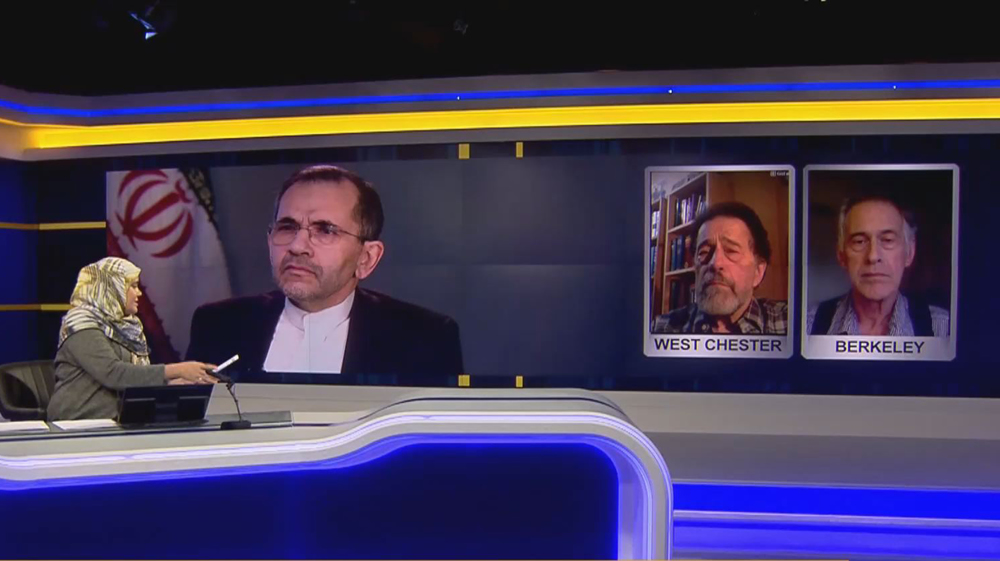
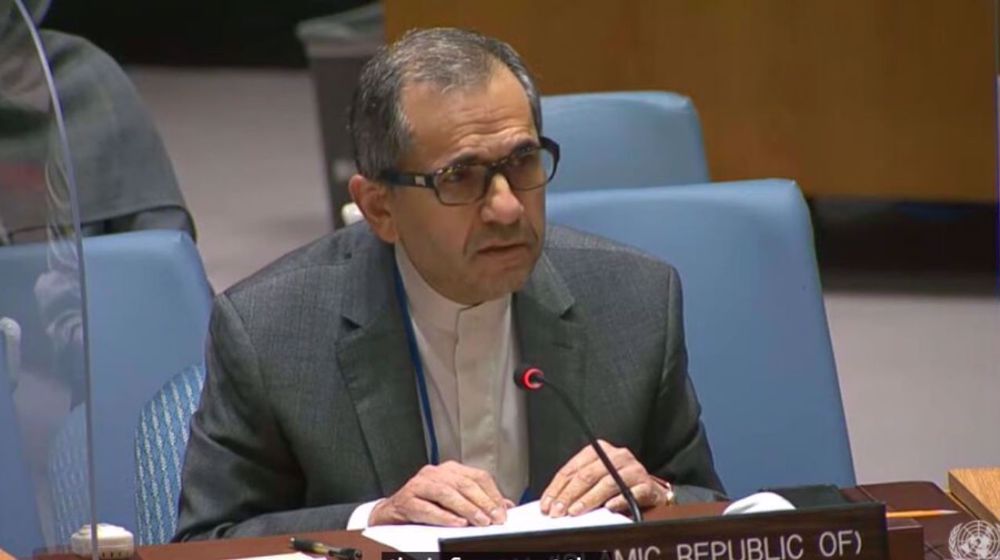
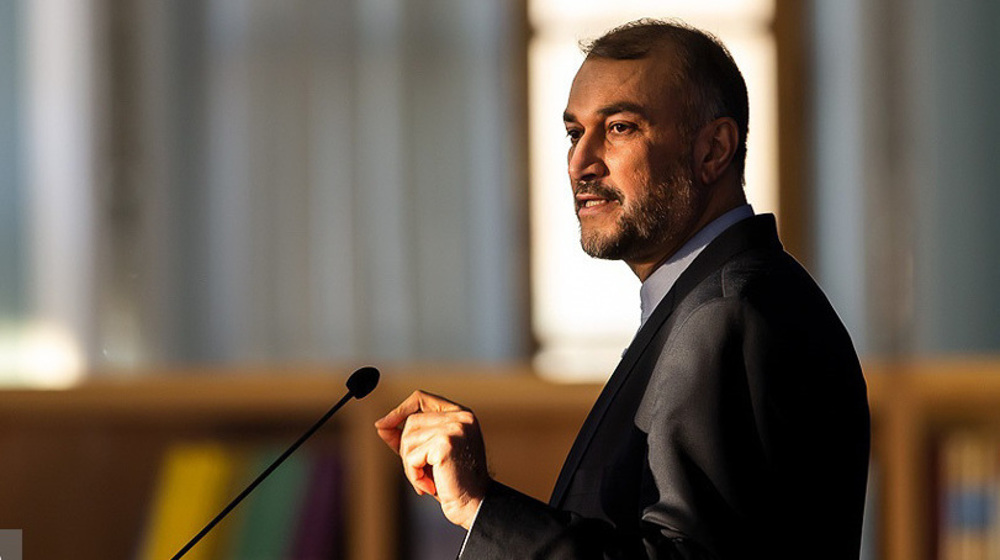
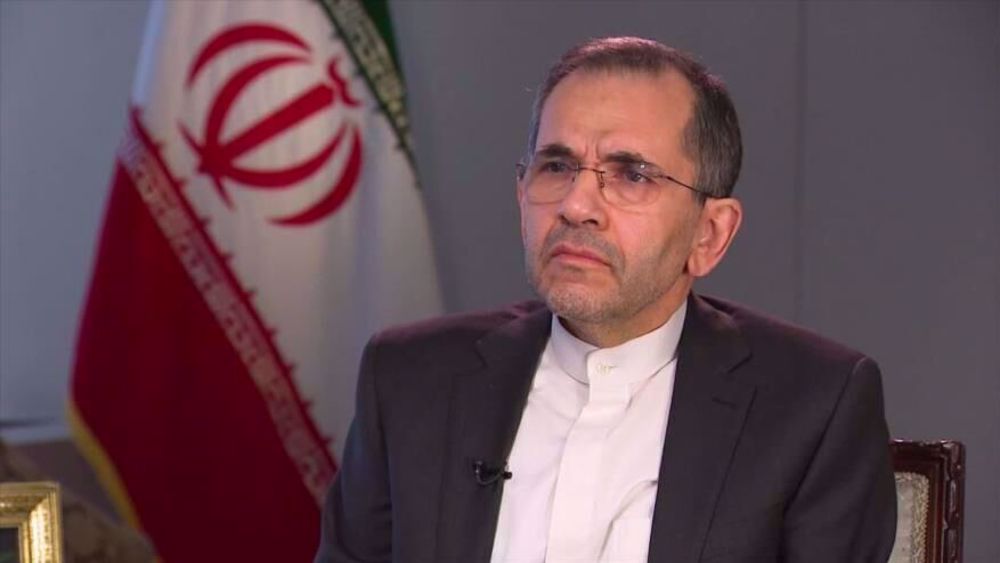
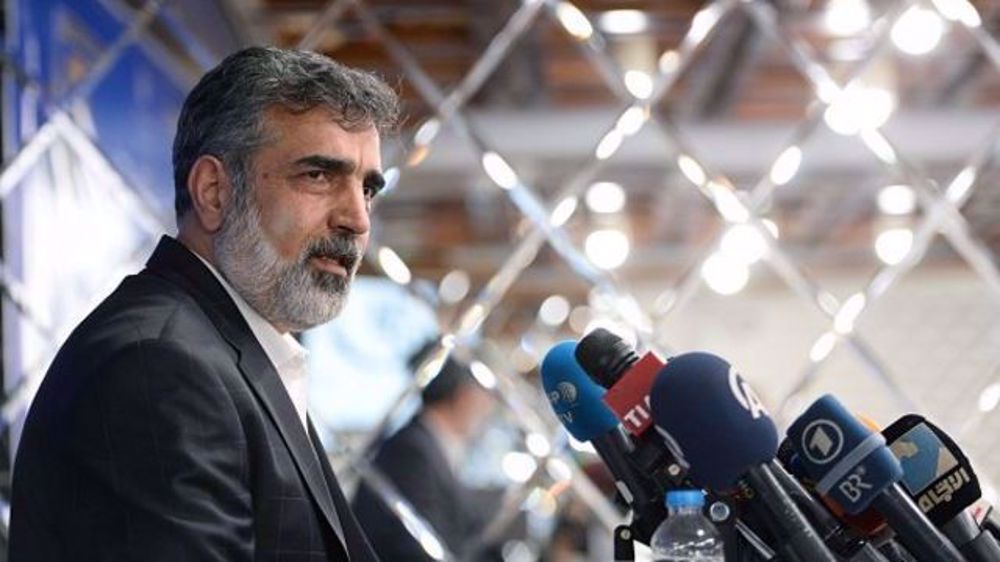
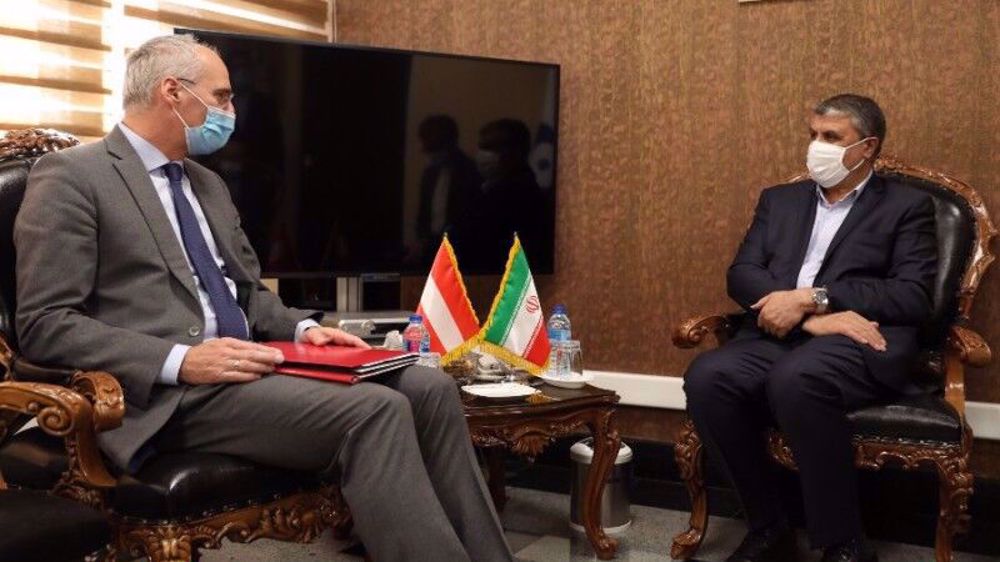

 This makes it easy to access the Press TV website
This makes it easy to access the Press TV website